Artificial Intelligence (AI) is transforming numerous industries, and education is one of the fields where its impact is increasingly scrutinised. AI’s integration into educational settings has revolutionised learning by providing personalised, responsive experiences for students and robust analytical tools for educators. Platforms like ChatGPT and Gemini are gaining popularity among students for their ability to simulate human-like feedback. However, as students prepare for critical career-deciding assessments like the HSC, it is vital to consider both the benefits and potential risks of relying on AI.
The Risks of Using AI in Education

Biased and Incorrect Information
AI systems, including ChatGPT, rely on the data they were initially trained with. If this data is biassed, the AI could unintentionally perpetuate these biases, leading to social inequalities. Additionally, AI tools typically include data only up to a certain point in time; for example, ChatGPT’s training data extends only up to September 2023. This limitation could mean that the AI is not up-to-date with the latest educational content, or the specific details of the relevant and current curriculum.
Blurring the Lines of Academic Integrity

The incorporation of AI in education complicates what constitutes cheating. New tools are emerging to detect AI-generated content, and students face severe penalties for integrating AI into their work without disclosure. For example, many universities in Australia require that all assignments be submitted through plagiarism detection software such as TurnItIn. It’s crucial for high school students to develop good practices that will align with future academic requirements./
Overdependence on Technology
Over-reliance on AI can stunt the development of essential skills such as critical thinking and problem-solving. These skills are crucial not only for academic success but also for professional life. Students who depend too much on AI might find themselves ill-prepared for more complex challenges that require independent thought and a deep understanding of the material beyond the written word.
Cognitive Skills at Risk
Using AI as a crutch can impair cognitive functions like memory and concentration. Students can evidently struggle in situations where they need to rely solely on their knowledge and cognitive abilities without technological assistance. It has already been proven in an academic study that there are risks associated with increased AI engagement (particularly when it comes to ChatGPT); where individuals become over-reliant on AI, resulting in a reduced capacity for critical thinking or a decline in memory retention (which is a major part of what you need for your exams!).
Difficulty Managing Sources
Leveraging AI tools for research and note-taking can streamline the gathering of information but also poses significant challenges in tracking the origins of this data. Unlike traditional note-taking, where each reference is manually logged, AI-generated summaries amalgamate information from multiple sources, often without clear citations. This lack of transparency can obscure the traceability of factual data and quotes, making it difficult to verify the authenticity and accuracy of the information used.
Limited Effectiveness in High-Stakes Situations

A recent experiment by Australia’s own 9news.com.au demonstrated AI software limitations in an academic setting. When asked to produce essays for the 2022 HSC English exam, ChatGPT’s outputs were rated below a passing grade by HSC teachers. This highlights that while AI can be useful for drafting and basic guidance, it lacks the ability to fully grasp and respond to the nuances required in high-level academic work needed for full marks.
Choosing the Right AI for HSC Success
Dodie.ai: A Tailored Approach to HSC English with promise
Dodie.ai (Dodie), designed and validated by top NSW HSC English performers, is tailored to support HSC students and strictly focused on providing feedback to help you improve your work. Unlike broader AI platforms, Dodie focuses on enhancing students’ writing through feedback on their own original work, just as a supportive teacher or tutor would offer. Dodie understands the intricacies of the prescribed texts and helps students significantly improve their own writing skills.
The Balanced Approach to Using AI in Education
AI can likely provide significant benefits at varying levels of education in Australia, offering customised learning aids and efficient study tools. However, the associated risks—such as those explored above—are non-trivial.
As AI continues to evolve, it is imperative for students, educators, and developers to manage these challenges thoughtfully. The objective should be to employ AI as a complementary tool that enhances educational experiences without undermining the crucial human aspects of learning and intellectual development.
Contact ACE HSC Tuition at (02) 9874 7045, email us at admin@acehsc.com.au, or make an enquiry about finding tutors near you. For more helpful advice on preparing for your HSC exams, you can follow our blog.


